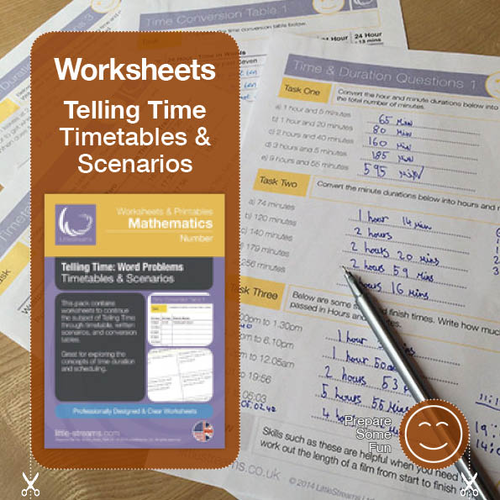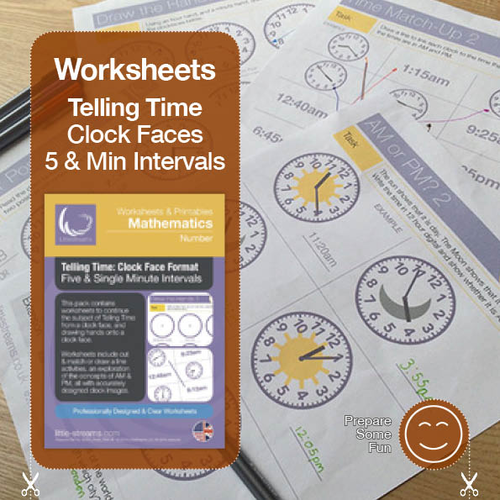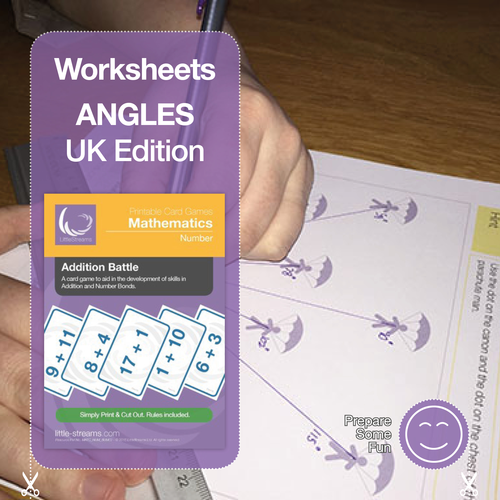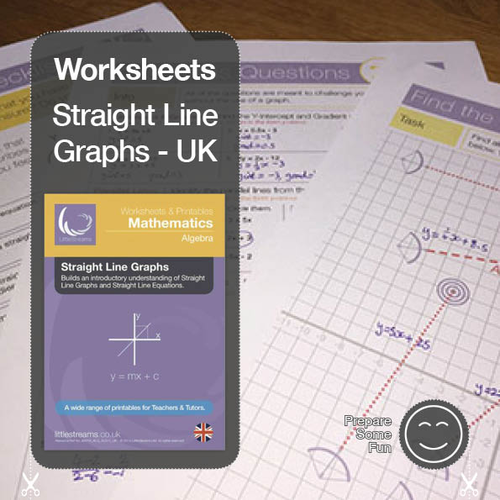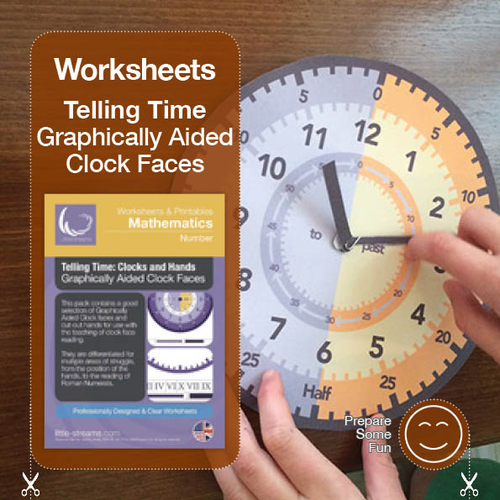LittleStreams's Shop
LittleStreams was set up in 2014 by educators and graphic designers Rebekah Humphrey-Bullen and Samuel Lovegrove. We make high quality, affordable resources for teachers and tutors, including worksheets, games, task cards and revision flash cards.
















